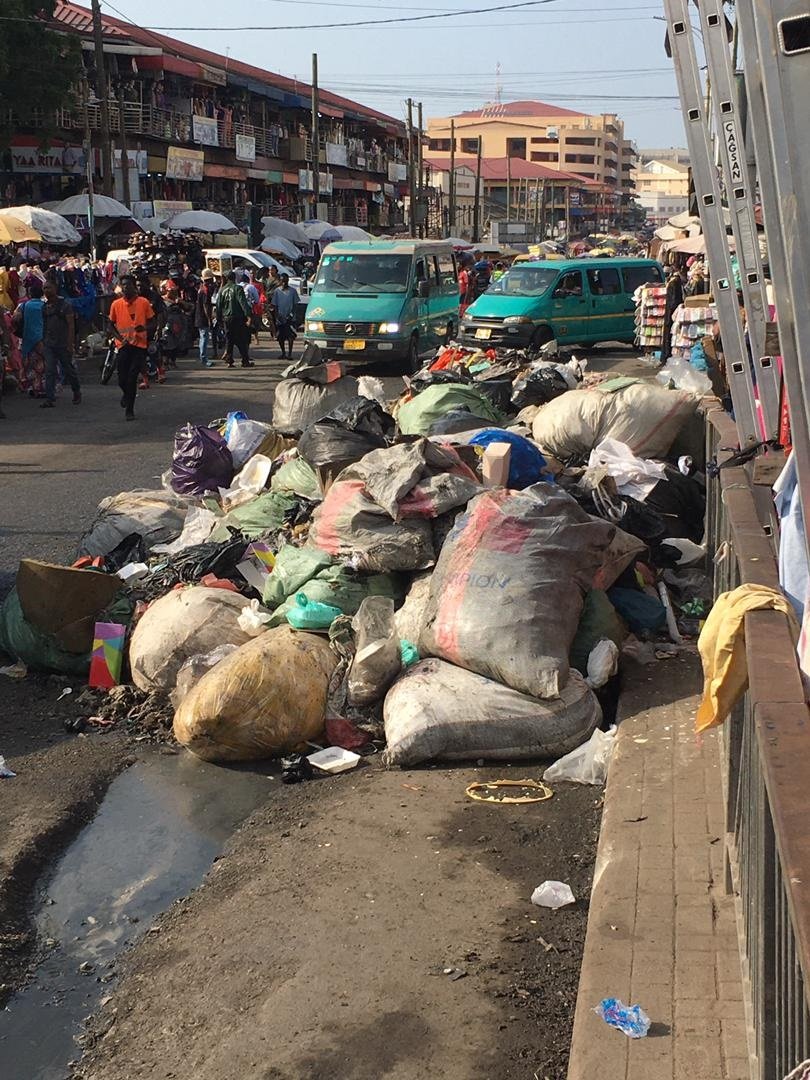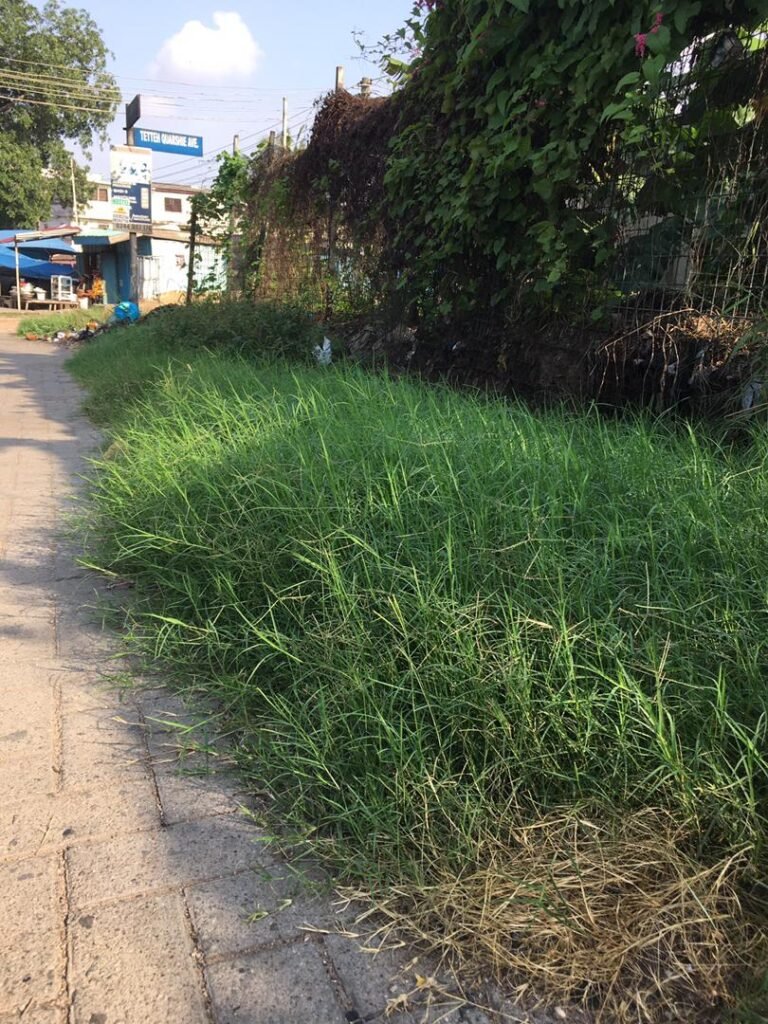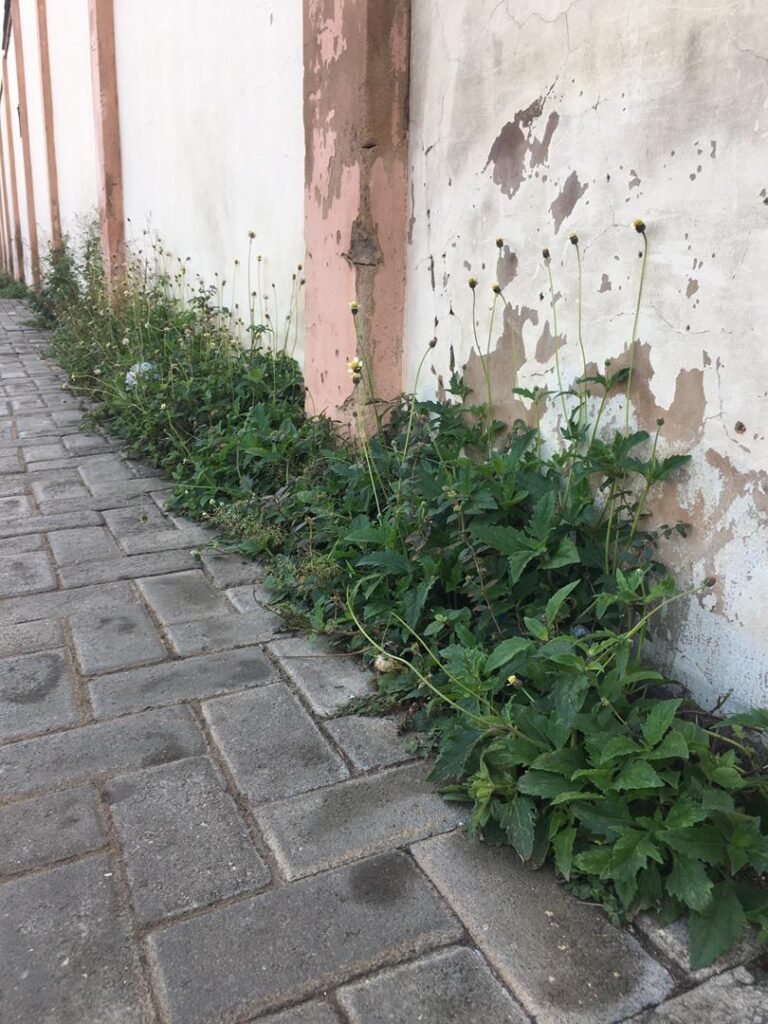Editorial
Indiscipline in schools worrying, need to address it
In recent years there has been growing concern over the behaviour of Senior High School (SHS) students in Ghana.
Notable among them is indiscipline, disrespect for authority, sexual immorality, substance abuse, betting, cheating during examination among others.
Recently, parents were stunned when the headmistress of Aggrey Memorial Senior High School, Mrs. Dorothy Adentwi-Hayford, displayed seized condoms, pills, and unauthorised items from students at the school’s Parent-Teacher Association (PTA) meeting in Cape Coast.
Reports say that in a firm stance against growing indiscipline in the school, she placed the confiscated items on the high table as a visual illustration of the moral and disciplinary challenges some students posed.
Although the Headmistress declined to name the culprits, she assured parents that appropriate disciplinary actions, alongside counselling would be taken.
According to the Headmistress while the majority of students were disciplined a persistent few students continued to exhibit deviant behaviours that undermined the school’s standards.
Citing examples she noted that sneaking out without exeat, bullying, stealing, truancy, and general apathy towards academic work, was the order of the day.
What is so disturbing is that some parents attack the school verbally and place curses on school authorities for disciplining their wards without verifying the facts.
Such behaviour is uncalled for and the Spectator wants such parents to desist from that, instead they should collaborate with school authorities to find the best way to deal with indiscipline among students.
Parents must also take an active interest in their children’s welfare beyond just providing for their material needs and investigate issues when their children return home with complaints before jumping into conclusion.
These days the school’s structure has changed and with the increasing numbers without any corporal punishment school authorities find it difficult to discipline the children.
The behaviour of majority of students in schools is very disheartening. While some students take their studies seriously, others have taken to the use of drugs, sex, occultism, betting and all kinds of bad behaviours.
Corporal punishment has its own advantages and disadvantages and if the Ghana Education Service (GES) is not ready to reintroduce corporal punishment, then school authorities must be extra vigilant and put in stricter disciplinary measures to restore order in schools.
Most SHS students are in their teenage stages, a stage characterised by all kinds of behaviours and peer pressure activities so they must not be left alone, rather they must be guided as they explore the world.
The Spectator urges all stakeholders to make concerted efforts to check indiscipline and moral decadence in schools.
Editorial
Urgent call to address sanitation, environmental neglect at Legon City Campus, Makola-Tudu Junction

Dear Editor
Ghana is grappling with mounting sanitation and environmental neglect and as a concerned citizen and advocate for a cleaner, safer and more presentable academic environment, I feel compelled to highlight disturbing issues I encountered during a recent visit to the enclave of Workers College, currently operating as Legon City Campus of the University of Ghana as well as Accra Central, specifically the stretch from Makola towards Tudu, just after the Ghana National Fire Service office.

At the Legon City Campus, formerly known as Workers College, widespread overgrowth of weeds along campus walls and walkways poses both safety and structural risks.
The unchecked vegetation is encroaching on pedestrian pathways and threatening the stability of surrounding walls.
Behind the campus, near the road to Adabraka and Liberia Road, garbage and overgrown weeds have turned the area into an eyesore, undermining the prestige of one of Ghana’s premier universities.
The environmental degradation reflects poorly on the institution’s leadership and jeopardizes student and community health.
I would like to urge the University of Ghana Estate Department to act immediately, clearing the weeds, reinforcing structural elements, cleaning the garbage-strewn areas, and establishing a consistent maintenance schedule.
This will ensure safety, institutional pride and civic responsibility.
In Accra Central, a similar crisis is festering. A growing heap of refuse near the Makola-Tudu Junction, just past the Ghana National Fire Service office has overwhelmed pedestrian walkways and spilled into vehicular lanes.
This not only causes human and traffic congestion but also creates a hazardous public health situation in one of the city’s busiest commercial zones.
As a tour guide and advocate for Ghana’s tourism industry, this development has damaging impact on the country’s image.
Tourists encountering filth in the capital’s core are left with a negative impression, counteracting national efforts to boost tourism.
I therefore call on the Accra Metropolitan Assembly (AMA), Osu Klottey Municipal Assembly, and sanitation agencies to enforce waste management laws, improve public hygiene infrastructure and revive the National Sanitation Day initiative to foster civic responsibility.
It is time for authorities at all levels to demonstrate leadership and restore dignity to these vital spaces. The status quo is no longer acceptable.
Frederick Nortey (Traveler, Tour Guide, Blogger, Writer)
Accra
Editorial
Renovate Efua Sutherland Children’s Park
The Efua Sutherland Children’s Park at West Ridge in the Greater Accra Region, now in ruins, needs renovations.
The once-vibrant recreational centre for children, families, students, and tourists is now in a state of neglect, according to our reporter who visited the place.
Efua Sutherland, a well-known playwright and children’s author, is honoured by the Park, an important recreational and cultural area. Her work with children made her a notable figure in Ghanaian literature and education.
The Park used to be well-known and a popular destination for schoolchildren, particularly during vacation, but today visitors are met with outdated machinery and dilapidated infrastructure.
A vital green space in the city, the park provides a calm setting for families and children to unwind, play, and take part in cultural events. It is relevant because it fosters community life, offers recreational opportunities, hosts cultural events, and connects people to their Ghanaian heritage.
Additionally, both locals and visitors may easily access it due to its central location. Nothing seems to have been done to update the space or give it a facelift.
During The Spectator’s tour of the facility it was observed that the 14.83-acre playground’s equipment has rusted and turned into death traps instead of serving the intended purpose of entertaining guests.
Children are put off by the condition of the equipment because they are afraid of getting hurt. Inquiries at the location also showed that few people visit to inquire about the place and that its current condition makes it unappealing for event planners to host special events there. This calls into question the country’s dedication to maintaining such iconic and public areas.
There is an urgent need to address the terrible situation.
In order to ensure that events are hosted in the park, The Spectator urges the Ministry of Gender, Women and Social Protection (MCWSP), which is in charge of overseeing the facility, to collaborate with investors and other stakeholders to give it a facelift.
We think that if the Park is renovated, it will draw more event planners and regain its reputation as a communal hub that promotes cultural pride and a sense of belonging.






